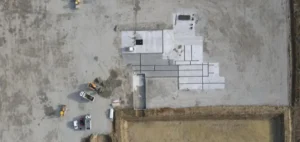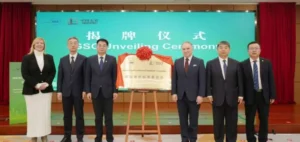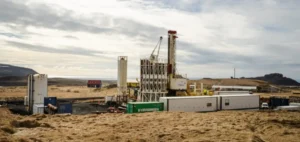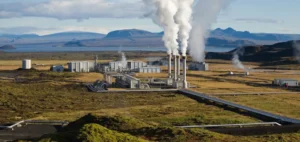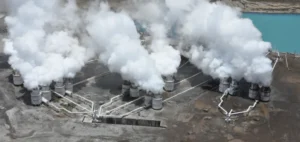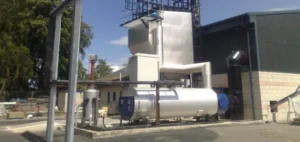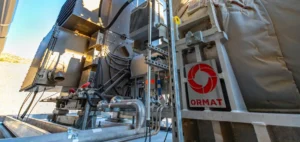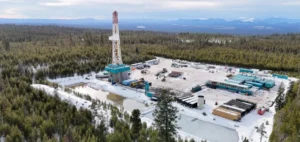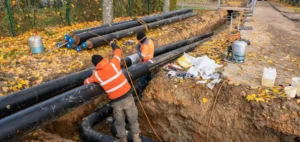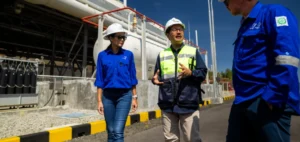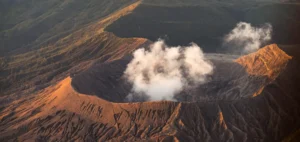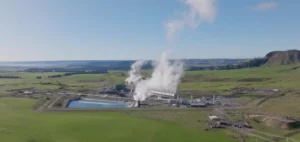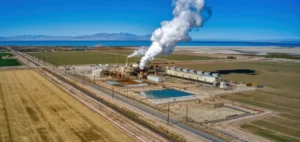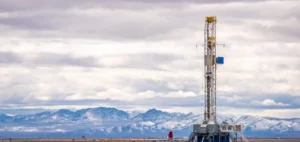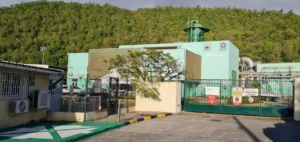Maasdijk, the Netherlands, will benefit from a geothermal heating project funded by five banking institutions.
A banking consortium
In Maasdijk, BNG Bank, ING Bank, the Rabobank cooperative, Triodos Bank and asr support the geothermal project. This is the first time that so many banks and insurers have been involved in a geothermal project. Thus, financial institutions will represent three quarters of the total investment required for the project.
The five financial institutions will represent approximately €115 million. Specifically, the funding is split 60% to 65% for the source portion. 35% to 40% are for the construction of the heating network. Michiel Kok of HVC, says:
“This is the first time five financial parties have been involved in a geothermal project. This is special and wonderful. In addition, we divided the financing into a part for the source (production) and a part for the realization of the infrastructure (the pipeline system) to the greenhouse horticulturists. I think we have created a future-proof model for financing geothermal projects in the Netherlands.”
A project with a local vocation
Aardwarmte Maasdijk develops the geothermal project. The company is a thermal cooperative of Maasdijk and HVC. HVC is an energy and commodities company owned by 48 municipalities and 8 water agencies. The geothermal heating project will have a capacity of approximately 45MWth to 60MWth.
As a result, the project can provide heat to approximately 70 horticulture businesses across much of southwest Westland. Moreover, this capacity is comparable to the heating needs of 50,000 households. Furthermore, the operating temperature is 90 degrees Celsius at a depth of 2900 meters.



